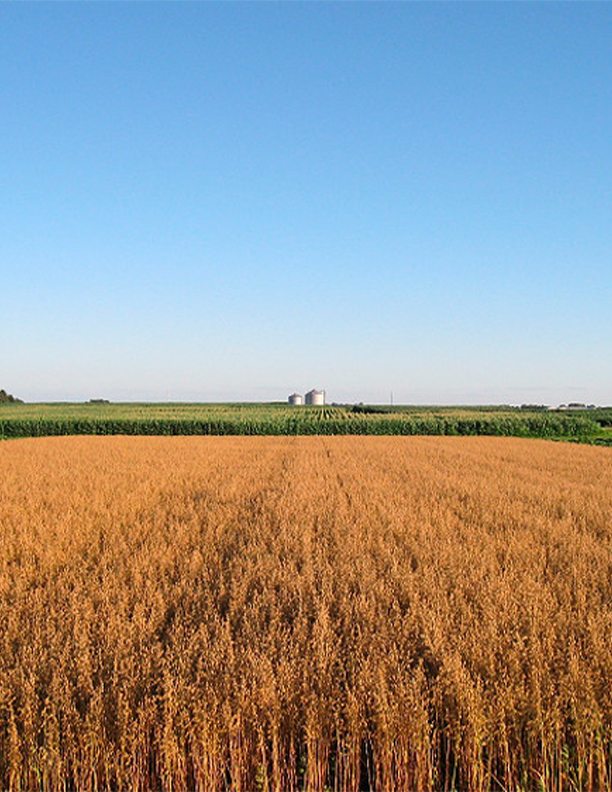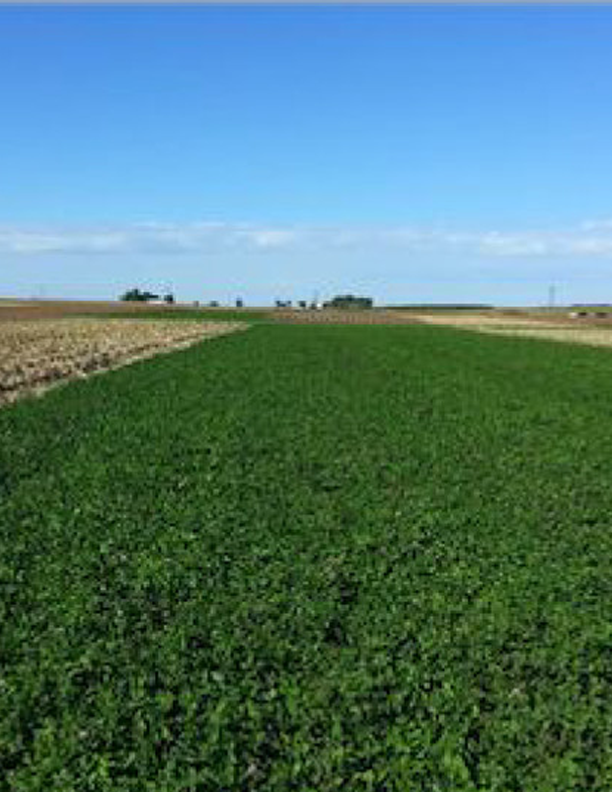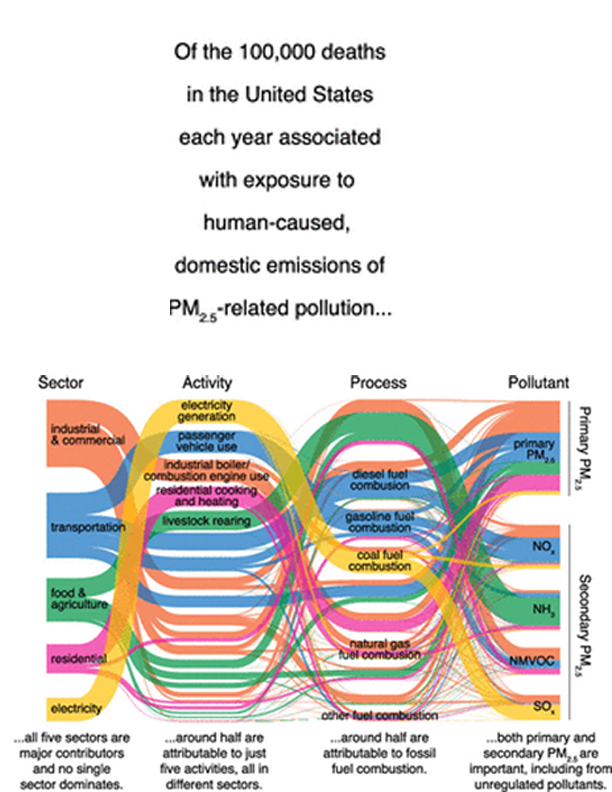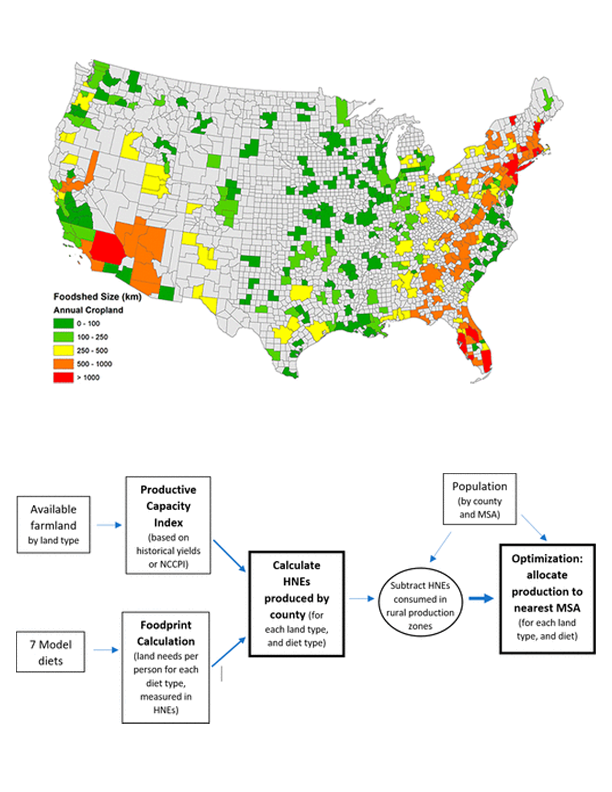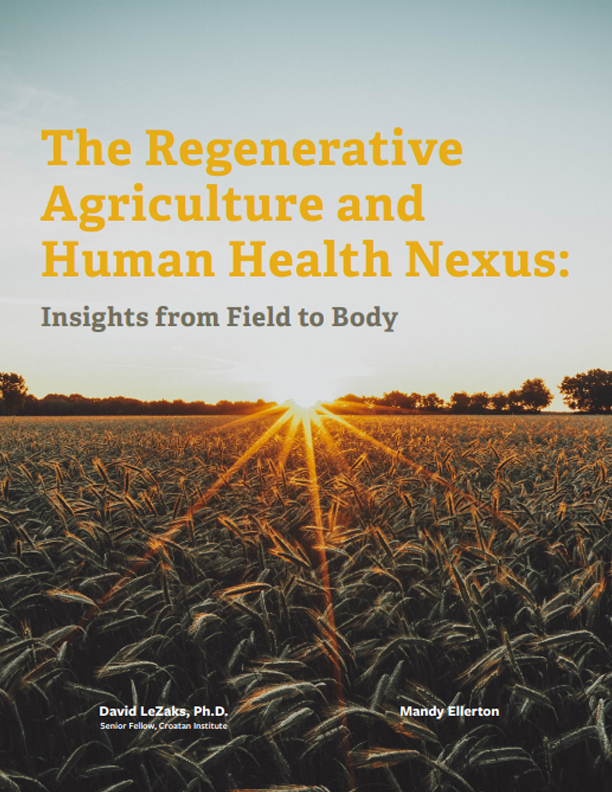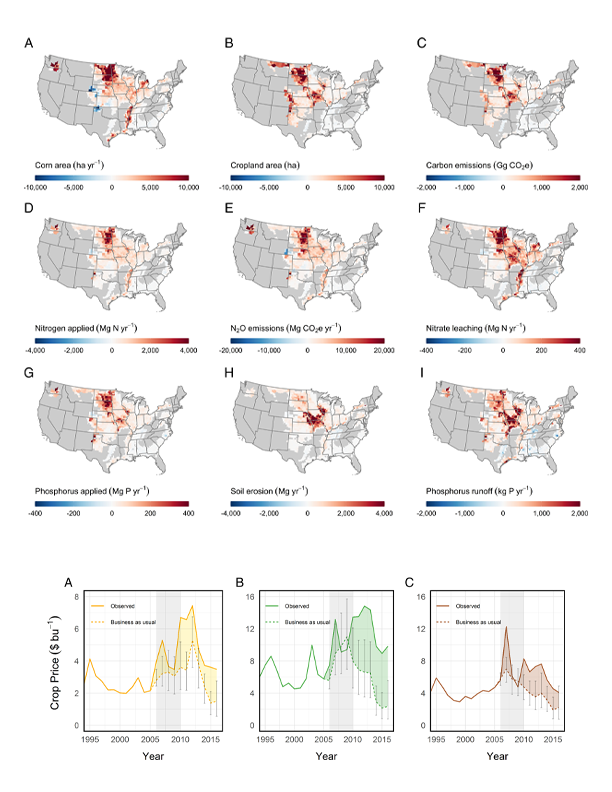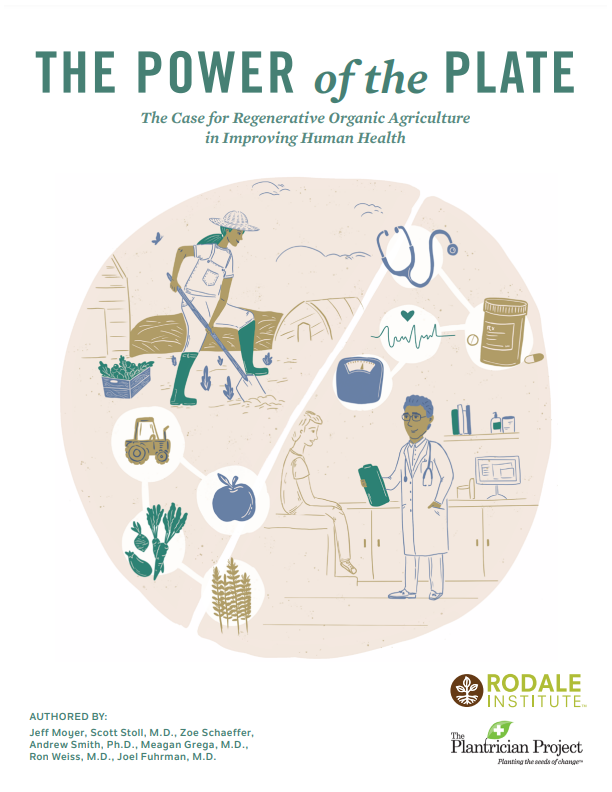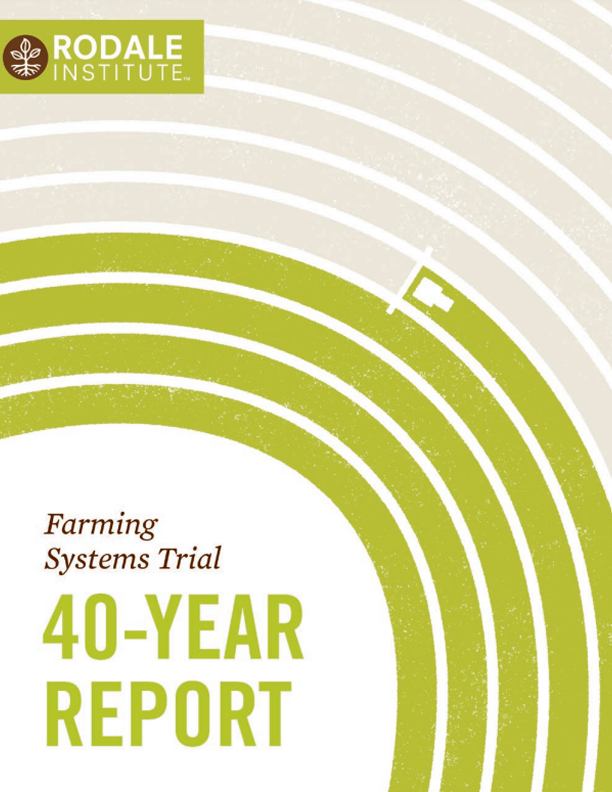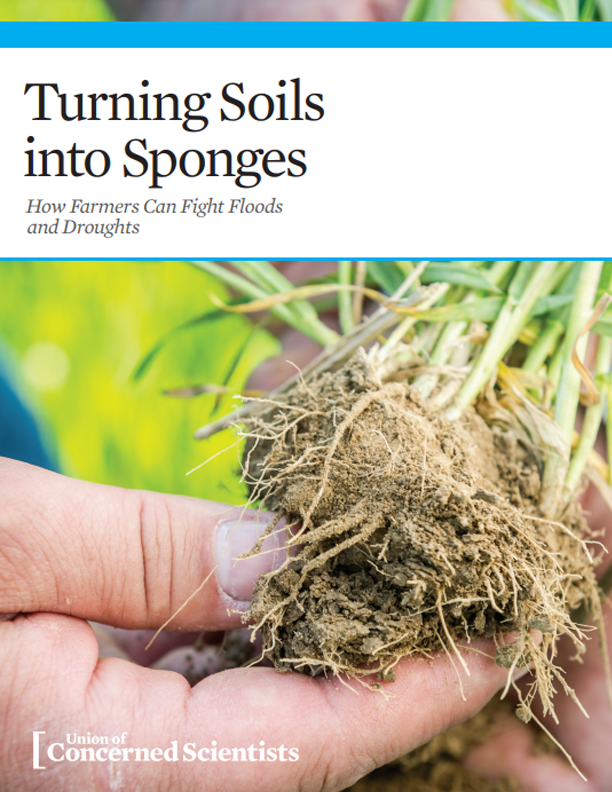Resources
Below you’ll find research supporting farms and farmers’ role in public health, and how these regenerative farming systems can not only positively impact farm profitability, but also soil health, water quality, flood and drought resilience, air quality, and a host of other downstream effects.
Reducing Freshwater Toxicity while Maintaining Weed Control, Profits, And Productivity: Effects of Increased Crop Rotation Diversity and Reduced Herbicide Usage
Increasing crop rotation diversity and reducing herbicide use can effectively control weeds and lower freshwater toxicity. This study on Iowa fields compared three rotation systems with different herbicide applications. From 2008–2015, diverse rotations and low-herbicide regimes significantly reduced toxicity and maintained yields and profits, demonstrating improved environmental performance without sacrificing productivity.
Cropping System Diversity Effects on Nutrient Discharge, Soil Erosion, and Agronomic Performance
Nutrient, herbicide, and sediment loading from agricultural fields cause environmental and economic damage. Increased cropping system diversification can mitigate these issues. Using the ArcSWAT model and Iowa field data, found that 3 and 4 year rotations significantly reduced nutrient runoff and erosion compared to the 2-year corn-soybean system, while maintaining or increasing yields and profitability. Diversification reduced nitrogen and phosphorus runoff by up to 39% and 30%, and erosion by up to 60%, without affecting nitrate leaching or yields. Reducing herbicide use did not impact these outcomes.
Reducing Mortality from Air Pollution in the United States by Targeting Specific Emission Sources
Despite improved air quality in the U.S., air pollution still causes 100,000–200,000 deaths annually. This study found that nearly half of these deaths are linked to five specific activities, mainly fossil fuel combustion, with the rest from non-fossil fuel combustion, agriculture, and other processes. Both primary and secondary PM2.5, including unregulated pollutants like ammonia, are significant contributors. Targeted emission reductions from these key sources can improve health outcomes and air quality.
Mapping U.S. Food System Localization Potential: The Impact of Diet on Foodsheds
Food systems must respect natural resource limits, with localized production and dietary changes as potential solutions. We modeled regional food systems for seven diet scenarios in the U.S., finding that foodshed sizes and localization potential vary by land type and region. Depending on diet, a significant portion of the population could meet food needs within 250 km, with vegans and ovolacto-vegetarians having the highest potential for localization. Some land would remain unused, which could be used for global markets, bioenergy, or conservation.
The Regenerative Agriculture and Human Health Nexus: Insights from Field to Body
As part of the broader regenerative agriculture movement, there is increasing energy around the assertion that agriculture practices and soil health have a connection to human health. But what does the evidence tell us about the connection between agricultural practices and human health? The reality is that the connection between agricultural practices and human health is infinitely complex and dynamic.
Environmental outcomes of the US Renewable Fuel Standard
The Renewable Fuel Standard (RFS) guides biofuel use in the U.S., affecting global production, but its impacts are unclear. Our study shows it increased corn prices by 30% and expanded U.S. corn cultivation by 8.7%, raising fertilizer use and water pollutants. This led to corn ethanol’s carbon intensity being at least 24% higher than gasoline. These tradeoffs should be considered in renewable energy policies for climate goals.
The Power of the Plate: The Case for Regenerative Organic Agriculture in Improving Human Health
The world is in desperate need of healing. The increased industrialization of our food system has led to both environmental degradation and epidemic levels of lifestyle-related diseases. Meanwhile our healthcare system continues to prioritize pharmaceutical intervention over lifestyle changes like diet and nutrition
Farming Systems Trial: 40 Year Report
For more than 40 years, the Farming Systems Trial (FST) at Rodale Institute has applied real-world practices and rigorous scientific analysis to document the different impacts of organic and conventional grain cropping systems. The scientific data gathered from this research has established that organic management matches or outperforms conventional agriculture in ways that benefit farmers and lays a strong foundation for designing and refining agricultural systems that can improve the health of people and the planet.
Turning Soils into Sponges: How Farmers Can Fight Floods and Droughts
Floods and droughts are highly damaging and becoming more so each year. Combined, these extreme weather events have caused an estimated $340.4 billion in damages in the United States since 1980, and floods have killed more than 500 people during that period. Increasing soil’s ability to hold and retain water through ecological farming practices can reduce both the economic and physical devastation that comes with major flooding events



